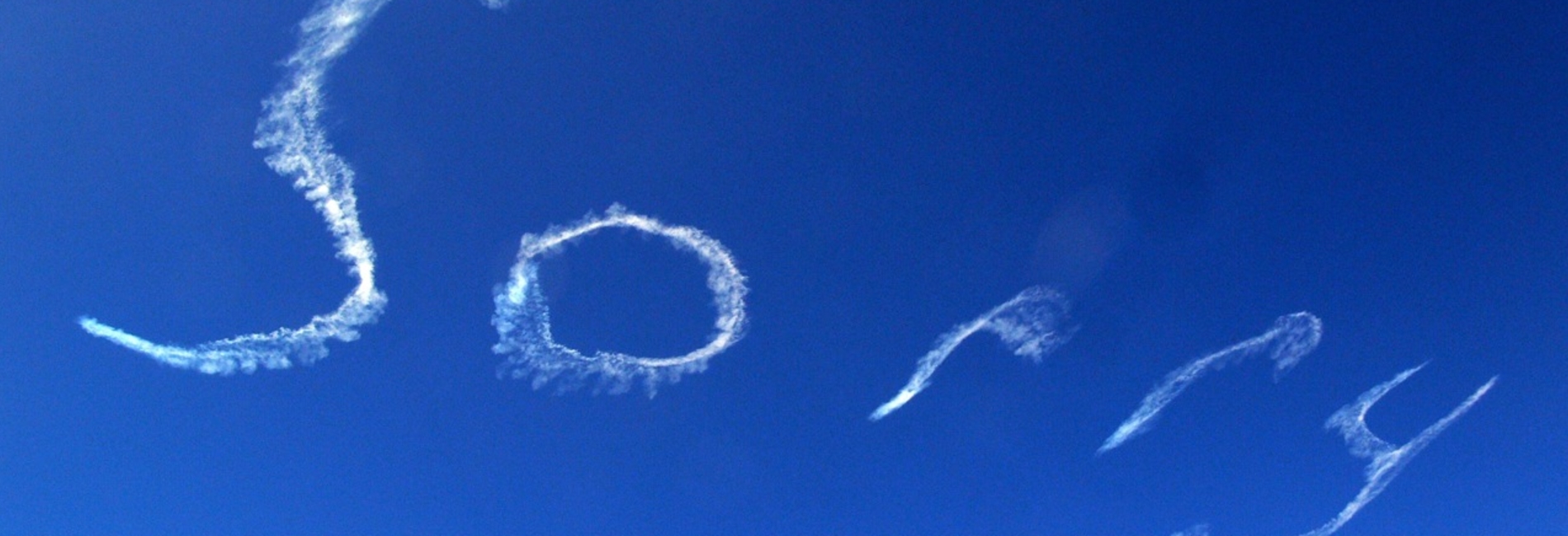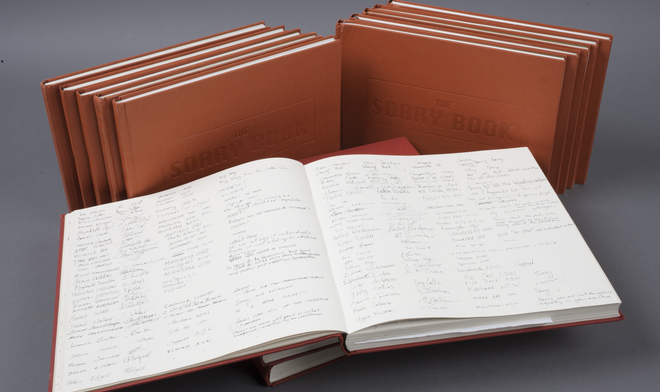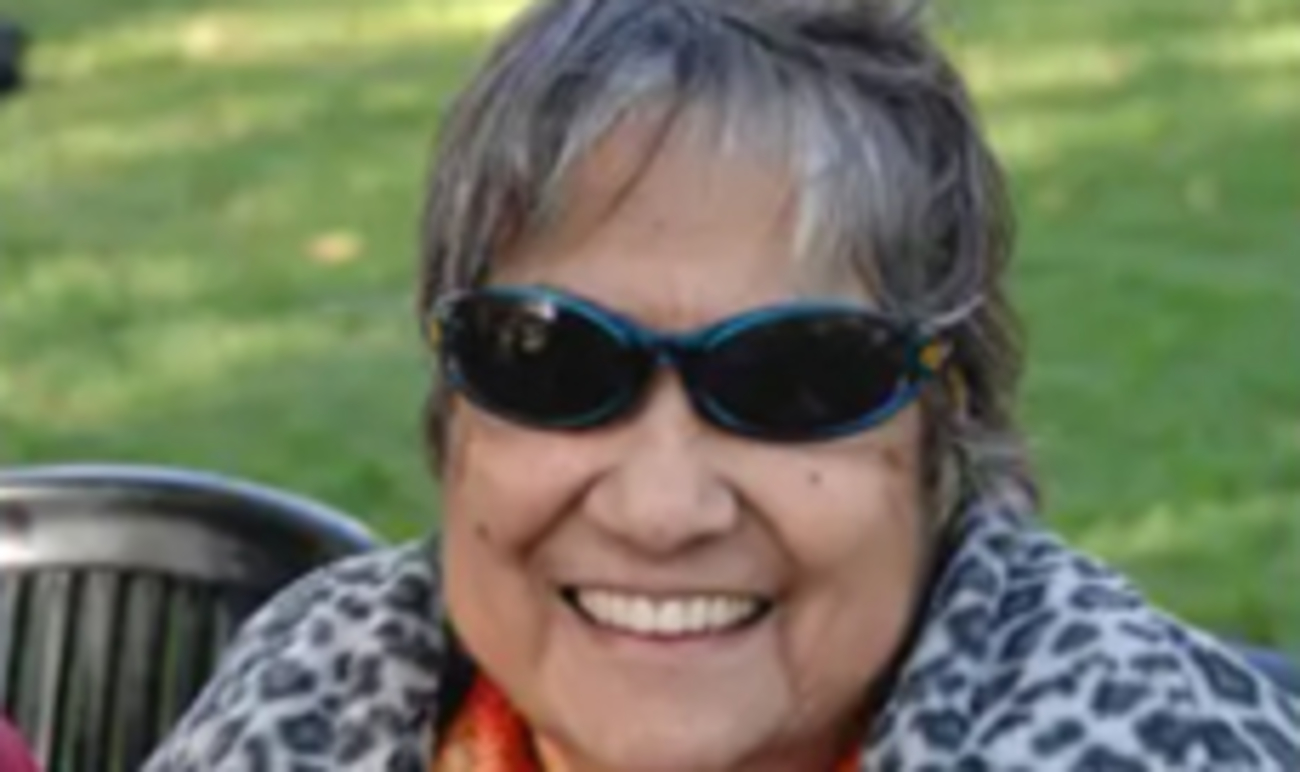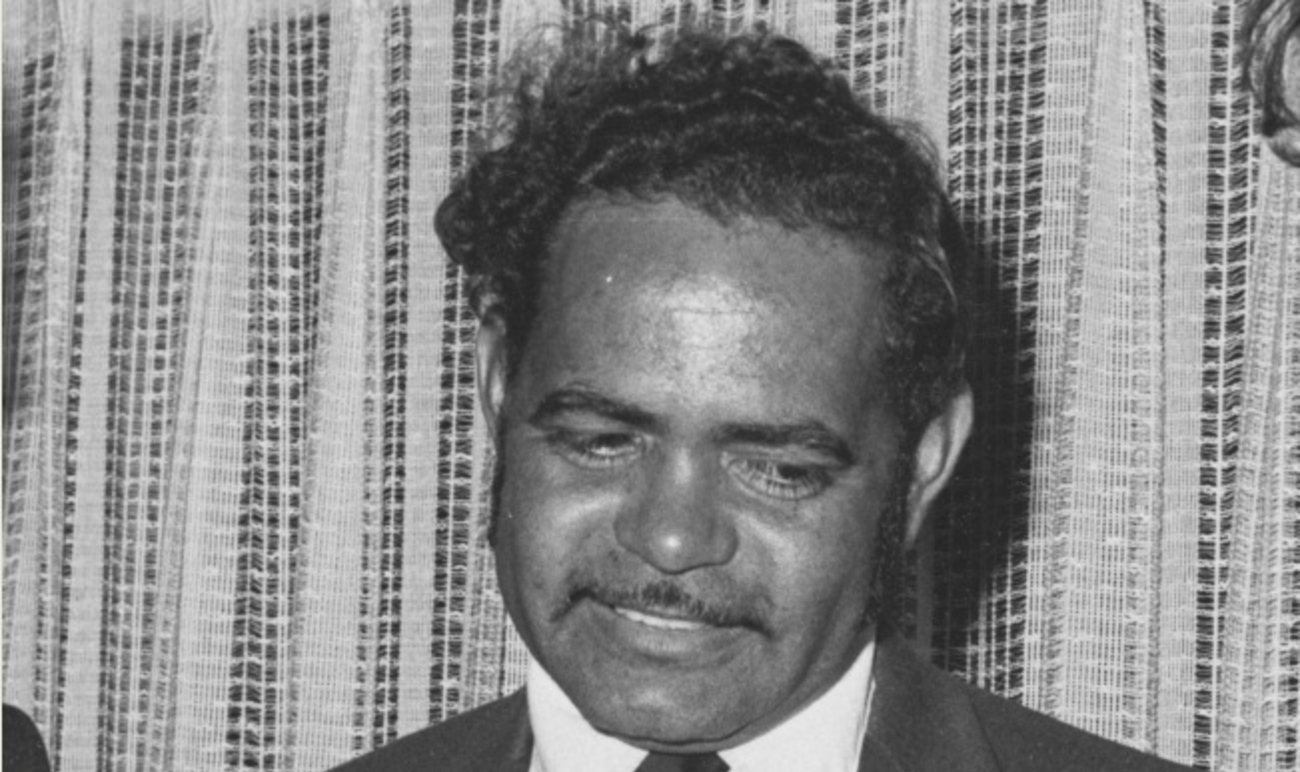Thousands of children were forcibly removed by governments, churches and welfare bodies to be raised in institutions, fostered out or adopted by non-Indigenous families, nationally and internationally. They are known as the Stolen Generations.
The exact number of children who were removed may never be known but there are very few families who have been left unaffected — in some families children from three or more generations were taken. The removal of children broke important cultural, spiritual and family ties and has left a lasting and intergenerational impact on the lives and wellbeing of Aboriginal and Torres Strait Islander peoples.
Affecting anywhere from 1 in 10 to 1 in 3 children, there is not a single Aboriginal and/or Torres Strait Islander community who has not been forever changed.
Bringing them home
From 1995 to 1997 the Human Rights and Equal Opportunity Commission undertook a National Inquiry into the Separation of Aboriginal and Torres Strait Islander Children from their families. They interviewed over 500 people affected, as well as speaking to organisations and institutions across the country. In April 1997, the Commission’s findings were published in the Bringing Them Home report. It detailed the laws, policies and practices that allowed children to be taken from their families, and included many case studies that contest the claim made by many non-Indigenous Australians that the removal of children was in their own interests.
The report contained 54 recommendations to redress the wrongs done to Aboriginal and Torres Strait Islander peoples. A key recommendation of the Bringing them home report was the need for an official acknowledgement of, and apology for, the forcible removal of Aboriginal and Torres Strait Islander children.
Watch this video about the impact and trauma of being removed from families. It was produced by the Australian Human Rights Commission to make the Bringing them home report as accessible as possible.
Saying sorry
In 1998 thousands of Australians participated in the Sorry Book campaign which culminated in the first National Sorry Day on 26 May 1998. This grassroots movement was described as ‘the people’s apology’.
Between 1997 and 1999 all state and territory parliaments officially apologised to the Stolen Generations, their families and communities for the laws, policies and practices which had governed forcible removal.
In 1999, the Australian Government offered a Motion of Reconciliation in the National Parliament which expressed ‘deep and sincere regret’. For almost ten years the Australian Government rejected any suggestion of a national apology.
In May 2000, in support of reconciliation and in protest of the Australian Government’s lack of an official apology, nearly 250,000 Australians walked across the Sydney Harbour Bridge. Thousands more walked across bridges around the country.
The National Apology
In 2007, Prime Minister Kevin Rudd began consulting with Indigenous Australians about what form a national apology should take. On 13 February 2008, he offered a formal apology to members of the Stolen Generations on behalf of the Australian parliament.
Crowds of people across Australia watched the Apology on big screens in their own cities and towns. Photographic and video records of those witnessing the Apology show sombre and reflective faces as the Prime Minister spoke of the wrongs governments had inflicted on Indigenous peoples across Australia. A huge wave of tears, relief and applause flowed when he finished speaking.
That same day, Aboriginal and Torres Strait Islander Social Justice Commissioner, Tom Calma, was asked by the Stolen Generations Alliance and the National Sorry Day Committee to respond to the Apology.
Watch a video of Dr Tom Calma's response to the Apology to the Stolen Generations.
Now and into the future
Many of the 54 recommendations outlined in the Bringing them home report have still yet to be enacted. Though it is now decades old, it is still a vital resource.
On the twentieth anniversary of the report, the Healing Foundation released an Action Plan for Healing. It outlines the history, government responses, but also why action is needed now. The reality is that the number of Aboriginal and Torres Strait Islander children in state care has continued to rise. This is not just an issue of our past. It is happening today. While the intent of child removal today may be different to that experienced by the Stolen Generations, the effect is the same: a loss of identity and the exacerbation of intergenerational trauma.
Further reading and sources
- Our Family History Unit can offer you advice, sources to search and places to go if you’d like to do your own family history research or you can contact them on 1800 352 553 or by email at familyhistory@aiatsis.gov.au.
- The Healing Foundation partners with communities to address the ongoing trauma caused by the forced removal of children from their families.
- Family tracing and reunion services are available to Stolen Generations through the national Link-Up program.
- Download resources, speeches, reports and videos from the Australian Human Rights Commission.
Australian Parliamentary Debates
Following the Apology, Members of Parliament and Senators debated and made statements. You can search the House of Representatives Hansard or the Senate Hansard for the following dates to read the debates.
- House of Representatives: Wednesday, 13 February 2008 (includes balance for Tuesday, 12 February): Apology to Australia's Indigenous peoples — Thursday, 14 February 2008 — Monday, 18 February 2008 — Tuesday 19 February 2008 — Wednesday 20th February 2008
- Senate: Wednesday, 13–14 February 2008
Photos
- Witnessing the Apology, online photographic exhibition by Juno Jemes
- Flickr – Australia Says Sorry
- Flickr - Sorry - the parliamentary apology - speeches in the Member's Gallery
Music
- Archie Roach singing Took the Children Away
- Bob Randall, Brown Skinned Baby (They Took Me Away)
- The Sorry Song by Kerry Fletcher
- Cry Stolen (and other CDs) from Kimberley Stolen Generations Aboriginal Corporation



